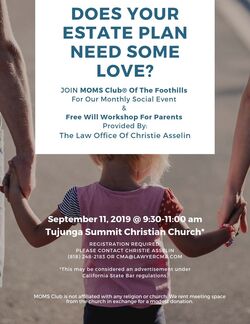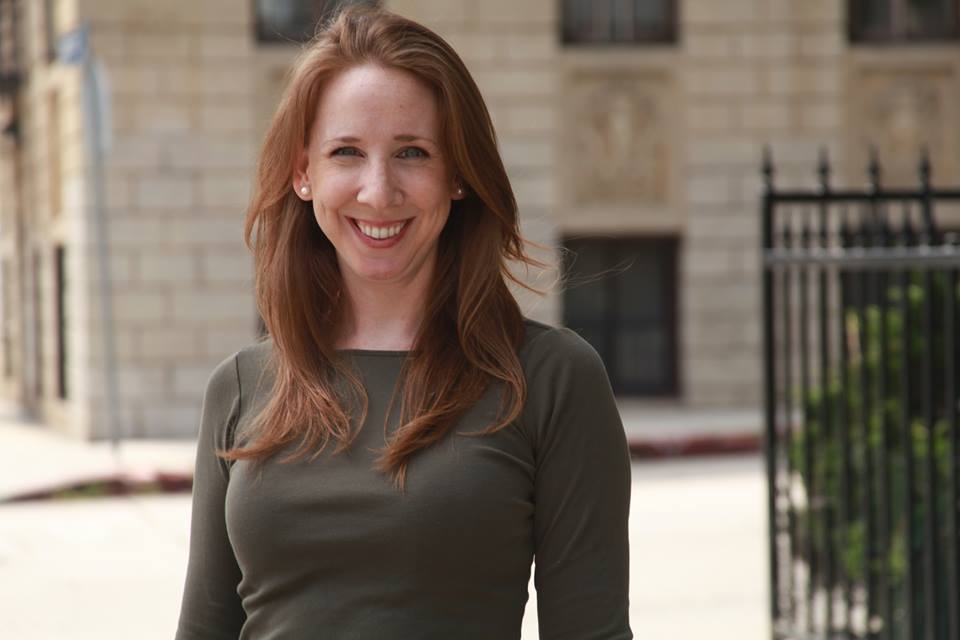|
One of the main goals of drafting up an estate plan is to avoid formal probate proceedings. A formal probate proceeding can take months to years, and cost a lot of money. It will also require heirs and/or beneficiaries to file the trust with the court, making the trust public record. Proper planning with the right estate planning vehicles can prevent the headache of a drawn-out formal probate procedure.
The goal of estate planning should be to minimize the “probate-able” assets in your estate. In this way, heirs and/or beneficiaries won’t have to go through the probate process. --------------------------------------------------------------------------------------------------------------------- Probate assets will require a court order to be transferred. Probate assets, include (and advanced apologies for sounding like a lawyer here) everything but non-probate assets. Essentially, probate assets are assets that do not come with any instructions – either from the decedent or through operation of community property laws. Non-probate assets are assets that can be transferred to heirs and loved ones without a court order. These are assets with instructions. The instructions are from the decedent, or by law such as where one spouse passes away, leaving a living spouse. These assets include:
If all assets have instructions and those instructions can be followed, the assets can be transferred without a court order. But if there is a bump along the road regarding the instructions, a probate court order will be required. For example, let’s say that the decedent designated her husband as the sole beneficiary of her life insurance policy, but the decedent’s husband passed away. The life insurance company will not transfer the funds without a court order. A court order can either be a formal process, or a simple one. If the gross value of probate assets is valued at less than $150,000, then a formal probate is not required. For example, using the same example as above if the life insurance policy is valued at less than $150,000, the decedent’s heirs can use a simplified procedure to request a court order, compelling the life insurance is properly distributed. There is real benefit to drafting up an estate plan to avoid the probate process. Let me know if I can assist you in any aspect of your estate planning. I am happy to schedule a complimentary 15-minute consultation with you. |
Details
Archives
June 2023
Categories
All
Let's stay connected! |



 RSS Feed
RSS Feed